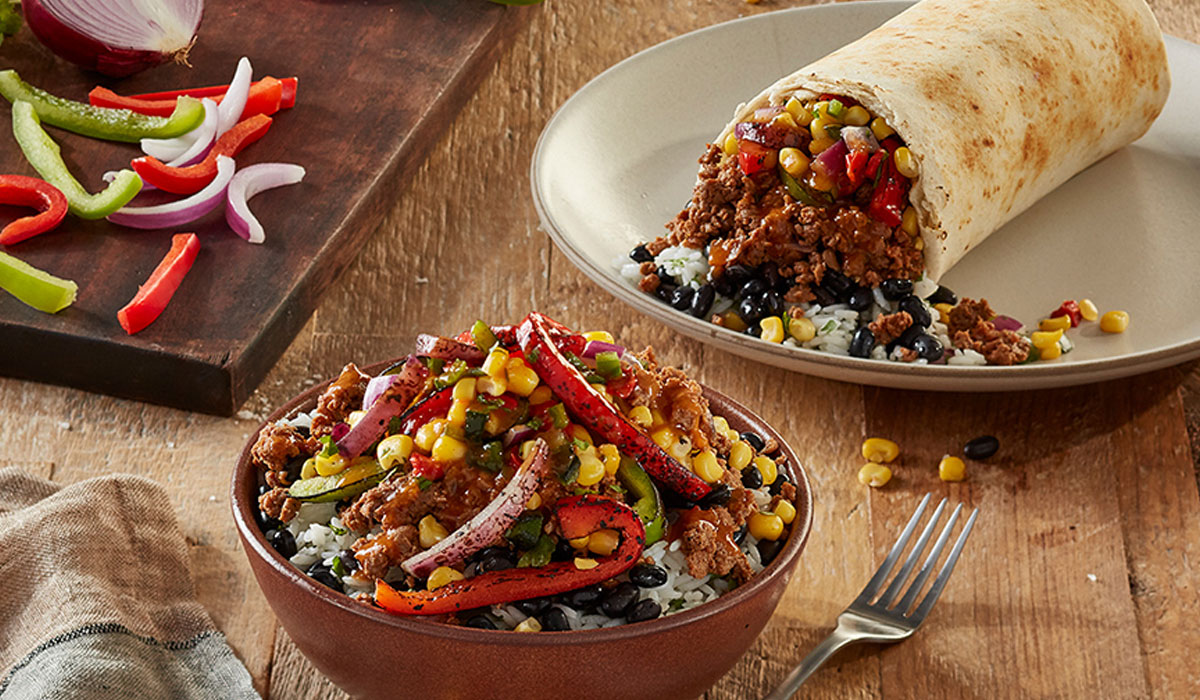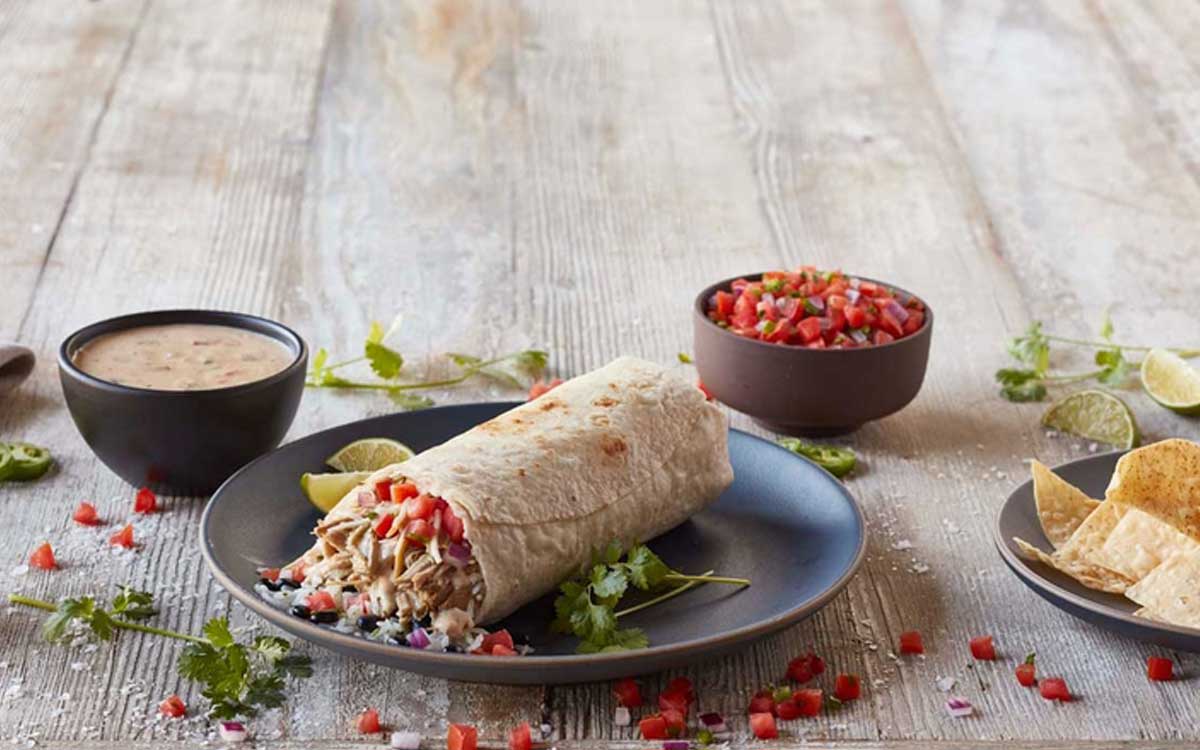Ron Stokes’ Roaring Fork group has opened at least one Qdoba each year since 2005. There are several factors fueling the steady growth, such as owning half the real estate they operate on, as well as playing in a rapidly expanding corner of fast casual. Yet the biggest lever might just be the No. 1 pain point pressing restaurants across the franchise and corporate landscape: Labor.
Stokes says his company built itself on a people-first culture, embedding each employee with an ownership mentality. That not only led to better-run restaurants—it’s also inspired retention, with many workers staying 10-plus years.
There is a robust bonus program each month for senior assistant managers and above. Hourly employees have the chance to win cash. Additionally, the company hosts a yearly party with 250-plus employees and supports transparency up and down the ladder.
Stokes took some time to chat with QSR about his company’s franchise success and what it takes to the win the talent war.
Firstly, how did you get into franchising and working with Qdoba in particular?
I owned a recruiting company and had assisted many area restaurant brands with both executive and store-level hires. Roaring Fork was a company that I had worked with placing a few people. In 2005, they called with a job order for a senior executive to run the company. I called them back and said, “you’re actually looking for me.” I joined them shortly after that. Since that time, we’ve added more than 40 Qdoba locations, including at least one every year.
Let’s dive into labor and employees, given what a huge topic that is for operators today. How have you inspired retention at the store level?
We believe there are many elements and boxes Roaring Fork checks that lead to increased team member satisfaction, and by extension, retention. We’re big on training and development, promoting from within whenever possible. We have something called “Future Leaders Program,” for shift managers and above. Our Future Leaders Program is a six-month course that enables team members to work closely with our corporate executives to learn the nuances of the business.
We also have a strong recognition culture across the organization based on store-growth metrics, and we’re proud to shout those promotions and wins from the virtual rooftop. Overall, it’s our goal to let our team members know across the system, and at all levels, they’re a valuable part of our organization and there is opportunity to learn and grow both professionally and personally.

Talk specifically (or more) about the robust bonus program for managers. How did you set this up and how effective has it been?
Our bonus program is based on sales, profits, food and controllables. Over the years this hasn’t changed, meaning people know what the targets are to hit, and there’s corporate accountability there where our team members know we’re not going to pull a bait and switch on them. We want our team members to win, and we’ve put in place a transparent mechanism to achieve reachable goals that helps everyone win.
And with hourly employees, what are some ways you stem the turnover there?
Right now, unemployment in Wisconsin is incredibly low, so the hiring environment is challenging. People work for people, so for us it’s about really hiring the right people, supporting them with robust and engaging training. Each new team member is paired with a more experienced employee so they have a go-to for anything and have someone they can connect with quickly. When a new team member goes home after their first day at work, someone will ask them how their first day went. We strive to deliver an employment environment that makes them say “great, and it was a good choice to work there.”
Additionally, we added a new program to build our catering opportunity. Each cook gets an additional $10 per catering order. Now there’s even more ownership to deliver a quality experience. Whereas it used to be a potential laborious task to fill a catering order, now it’s an opportunity to increase the amount of take-home pay.
As mentioned previously, we have a celebratory culture when it comes to our team members. Emails, announcements and more to recognize wins and growth. For our more senior and tenured employees, we host a massive end of year celebration, where they’re allowed to bring their family or significant other. It’s something everyone looks forward to. Essentially, regardless of how long you’ve been with our organization, there’s an opportunity for you to win.
How important is culture when it comes to labor? How do you embed that ownership mentality into employees?
Culture is incredibly important. People work for people. We have a set of 15 values that we talk about, hold ourselves and our team members to. Some of those include “Don’t be right, make it right,” and “Never walk by a mistake.” We do our best to give our team members the tools, incentives and support to have an ownership mentality so that they know if they put in the work, there is tremendous opportunity for growth.
When it comes to real estate, how have you gone about expansion? How has it helped you scale profitability?
Our group is fortunate in that we have a real estate arm of our company, and therefore part of our portfolio is self-developed. Often times we’ve been able to develop the property, build it and rent it out to other companies. We’re the landlord in half of our properties. That’s a big not-so-secret part of our success.
Regarding expansion, we were first to market in the Milwaukee area. When we started, fast casual hadn’t yet become mainstream, and we got aggressive early with our development and expansion.
What advice would you give a prospective franchisee or someone just starting out?
When selecting a brand to franchise with, you have to connect to the values and the leadership in addition to the concept itself. Ingrain excellence in your team as well. Each location you’re going to own will follow the same recipes to serve the same products. The ability to deliver high-level execution and a guest experience is what matters.
What’s the No. 1 lesson you’ve learned operating restaurants over the years?
It sounds a bit mundane, but to win you have to excel at the basics and fundamentals. All the blocking and tackling to deliver on the promise of the brand. Everyone wants good food served in a clean and welcoming environment. Customers notice, appreciate and reward it, and if you don’t deliver that, they’ll find another restaurant that does.







